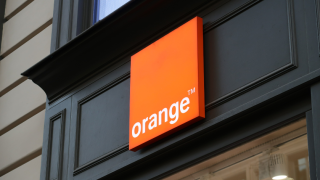The company said it will preload Arqit’s QuantumCloud software on some of its hardware devices, enabling Dell sales teams to sell the combined hardware and software as a single unit to address existing and new customer needs.
Arqit founder, chairman and CEO David Williams, said: “America’s service men and women need to be assured of the benefits of stronger, simpler encryption to protect them against threats now and in future. By partnering with the very best innovator in the industry we have a great opportunity to do that in a comprehensive way.”
What the US government and the Pentagon are worried about is potential “harvest now, decrypt later” attacks, by which organisations will store traffic encrypted to 50-year-old public key infrastructure (PKI) techniques, in the expectation that quantum computing will soon allow emails and other messages to be decoded.
The White House has already condemned obsolescent encryption techniques to the waste bin in a simple eight-page memo, sent last month, and told US Federal agencies to move to quantum encryption.
This major boost for quantum security came in an instruction from Shalanda Young, head of the Office of Management and the Budget (OMB), part of President Joe Biden’s executive office at the White House.
Federal agencies should “prepare now to implement post-quantum cryptography”, she said in her memo, because of the prospect of “a cryptanalytically relevant quantum computer” being able to decode messages and data that are being transmitted by current encryption techniques.
UK-based, US-funded Arqit has responded to this with its quantum-based encryption, which just a few days ago became available on Amazon Web Services (AWS).
Now Arqit says it has signed a deal with Dell for it to preload Arqit QuantumCloud software on Dell hardware.
QuantumCloud is a symmetric key agreement software which solves the problems of PKI and the quantum computing threat, said Arqit.
Arqit said: “With the ability to digitally rotate symmetric keys in real time and dynamically manage security groups the solution offers significant mission advantage across today’s growing threat surface.”






